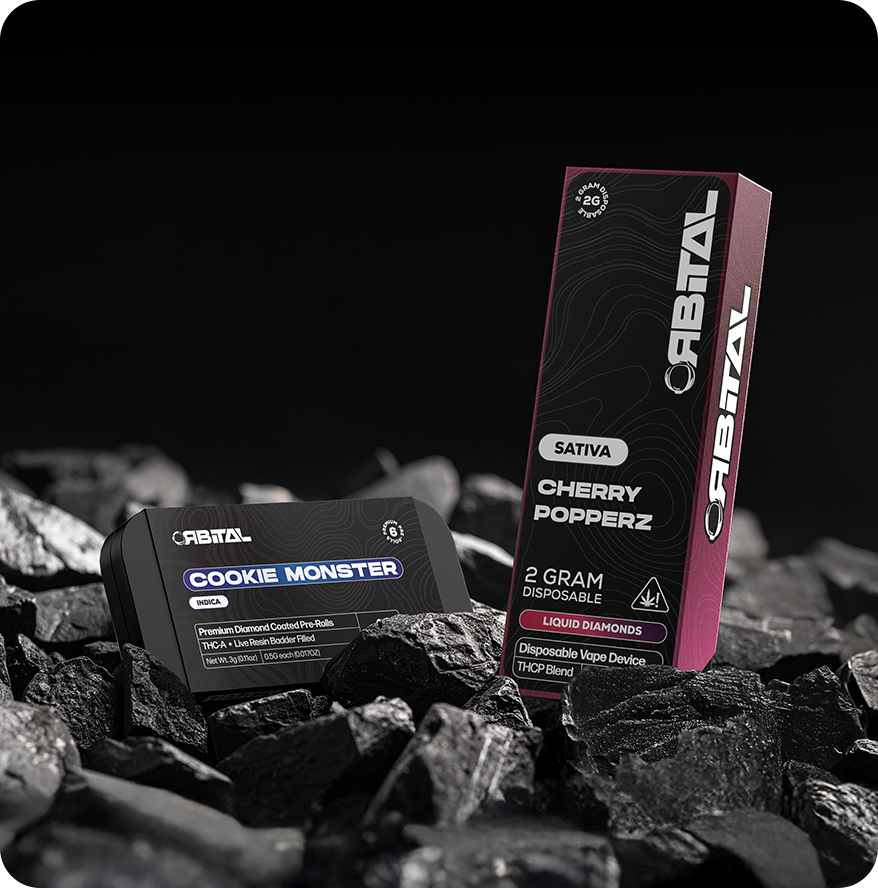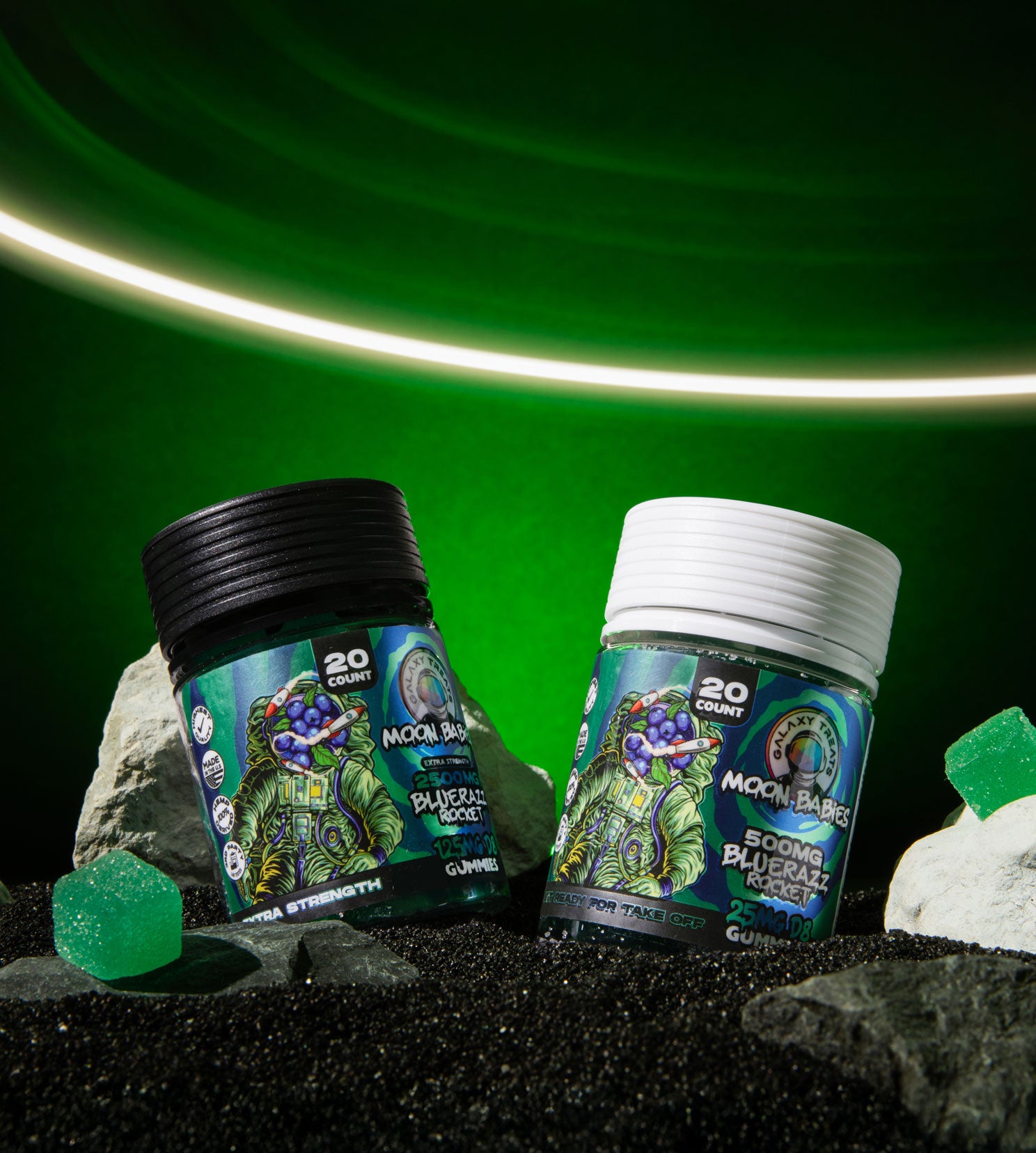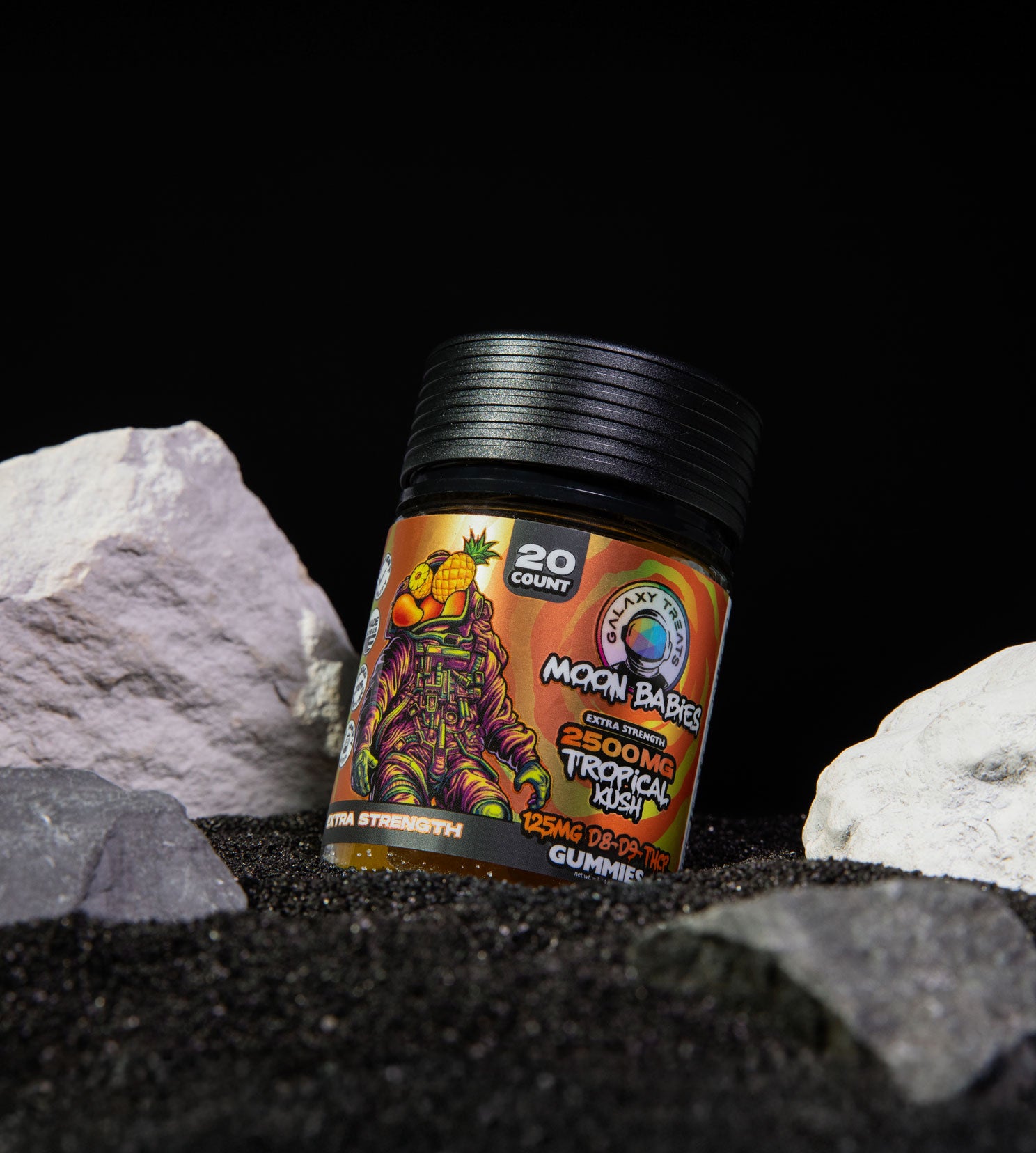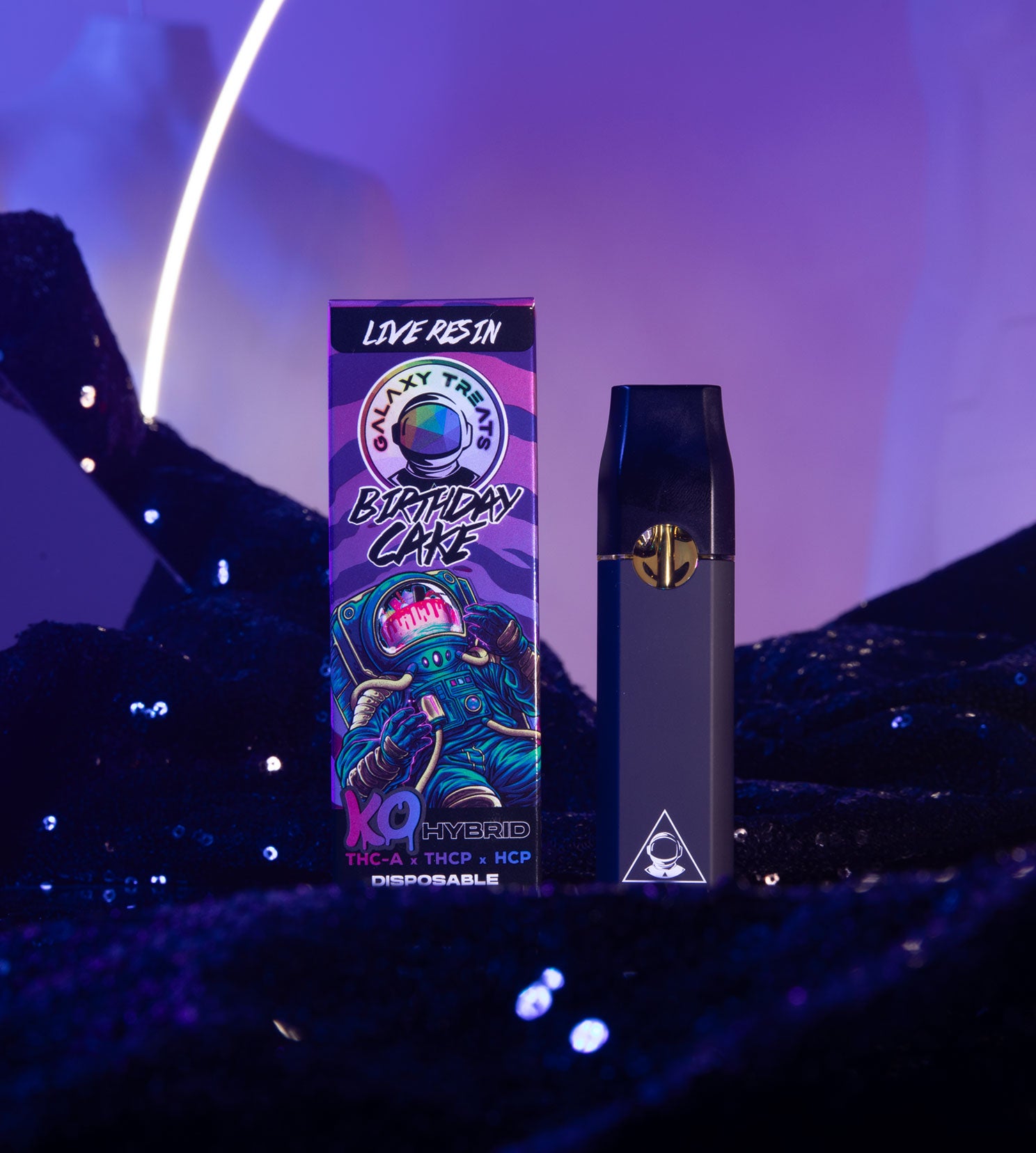Understanding THCA
THCA, or Tetrahydrocannabinolic Acid, is the precursor to the well-known psychoactive compound THC. It's a naturally occurring cannabinoid found in the raw cannabis plant. Chemically, THCA is an acid form of THC, consisting of an additional carboxyl group attached to its molecule. This subtle difference has significant implications for its effects and how it interacts with the human body. It might not sound like a major difference, but it changes how it interacts with receptors in the body, which is why the effects can be different as well. Naturally, THCA is abundant in raw and unprocessed cannabis. As the plant matures, THCA synthesis increases, peaking right before the onset of the flowering stage. The highest concentrations of THCA are found in the plant's trichomes, those tiny, crystal-like structures that coat the cannabis flower's surface. These trichomes serve as the primary production site for cannabinoids and are also responsible for producing terpenes, the aromatic compounds in cannabis.THC vs. THCA
Does THCA get you high like Delta 9 THC? Though they might sound almost identical, THC and THCA have distinct differences. THC, or Delta-9-Tetrahydrocannabinol, is the primary psychoactive compound in cannabis, responsible for the "high". In contrast, THCA is non-psychoactive in its raw form. It is important to understand the differences between the two compounds, and we've made it easier to digest in the table below:| THC | THCA | |
| Psychoactivity | THC produces psychoactive effects when consumed. | THCA is non-psychoactive in its raw, unheated form. |
| Chemical Structure | Lacks the carboxyl group present in THCA. | Contains an additional carboxyl group, distinguishing it from THC. |
| Decarboxylation | Is the end product after THCA undergoes decarboxylation. | Transforms into THC when exposed to heat. |
| Occurrence | Predominantly found in decarboxylated cannabis or products. | Naturally abundant in raw and unprocessed cannabis. |
| Medical Uses | Possible pain relief, increase in appetite, and more. | Explored for its potential therapeutic effects, separate from THC's properties. |

Does THCA Make You High?
Given the striking similarities in their names and chemical structures, many conflate THC with THCA. We understand that the difference can be confusing, which is why it's important to take a look at a few key points below. Consuming THCA from raw flower does not produce the characteristic "high". The additional carboxyl group in THCA prevents it from binding effectively to the body's cannabinoid receptors, specifically the CB1 receptors responsible for THC's psychoactive effects. However, when THCA is exposed to heat, a process called decarboxylation occurs. During decarboxylation, the carboxyl group in THCA gets removed, effectively transforming it into THC which produces the psychoactive and euphoric effects that we typically recognize as “getting high”. When it comes to cannabis-infused edibles, raw cannabis undergoes decarboxylation during the cooking process. This heat exposure activates the THC, ensuring the edibles produce the desired effects.What is a THCa High Like?
One thing you may be curious about is how does THC-A make you feel exactly? The effects can vary based on a number of factors, so there isn’t exactly a “one size fits all” answer to this question. To some, THC-A will not cause any earth-shattering level of euphoria or intoxication, while it could be very profound or long-lasting to others. To help give you a better idea of what a THC A high could be like, here’s what real customers who tried our top-selling THCA disposable have said in reviews:“The effect is just right and soft. No headaches, no paranoia, just relaxation. Great product, will buy more!” “I absolutely love this vape! I love everything about it! Taste is awesome. Very smooth.” “Definitely packs a punch, but its a very smooth transition.”
Potential Benefits of THCA
Beyond psychoactivity, THCA potentially offers the same therapeutic benefits as Delta 9 THC without the expected delta-9 high. There’s not enough research to cover the topic, but THC-A has the potential to reduce inflammation, especially for conditions like arthritis. Some users have reported a noticeable decrease in swelling and pain after THCA consumption. There are also studies being conducted about THCA’s anti-nausea properties. Practical applications may include use by chemotherapy patients who grapple with constant nausea. There are also studies that link THCA with the neural system, due to possible neuroprotective effects. Conditions like Huntington's, where the nervous system is compromised, might benefit from THCA-based treatments. Again, these statements have not been reviewed by the Food and Drug Administration. Our products are not intended to treat, cure, or diagnose any condition or ailment.
Again, these statements have not been reviewed by the Food and Drug Administration. Our products are not intended to treat, cure, or diagnose any condition or ailment.
Experience THCA with Galaxy Treats Live Resin THCA Disposables Today!
Now that we’ve covered THCA's nature, its potential benefits, and the desired effects its consumers are after, it is time to finally experience it in all its glory! The best way to do so is with Galaxy Treats Live Resin THCA disposables. They contain THC-A, THCP, and HCP so you can enjoy the best of all three cannabinoids at once, giving you a profound, long-lasting experience. We pride ourselves on transparency and quality. With over 5k+ 5-star reviews, our products stand as a testament to our commitment. Packed with 3 grams of hemp-derived extract in each device, Galaxy Treats Disposables are available in 4 different interstellar flavors Gushers, Birthday Cake, Pineapple Express, and Grape God! All Galaxy Treats products are made in the United States from the highest-quality industrial hemp and are third-party lab-tested for potency and purity.







